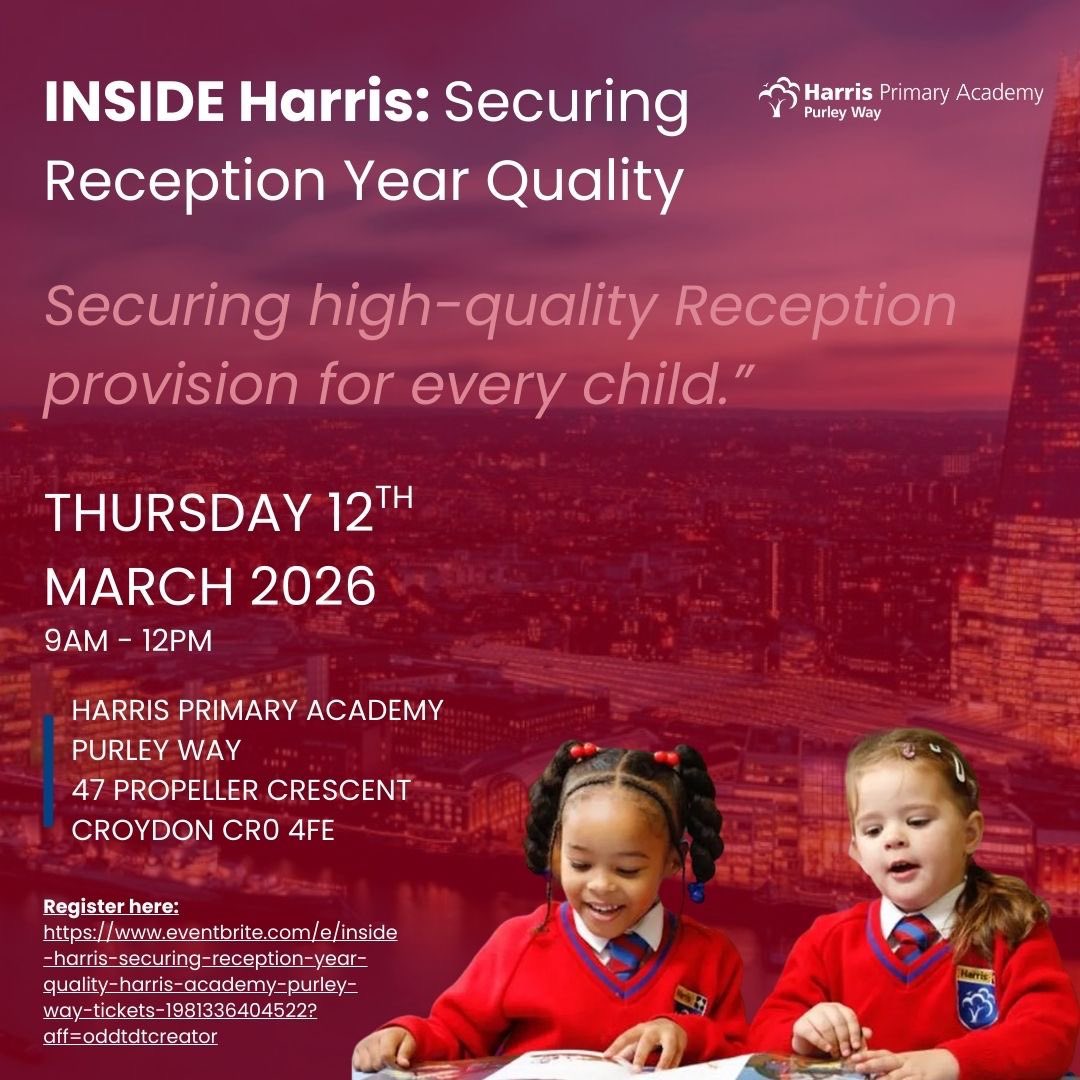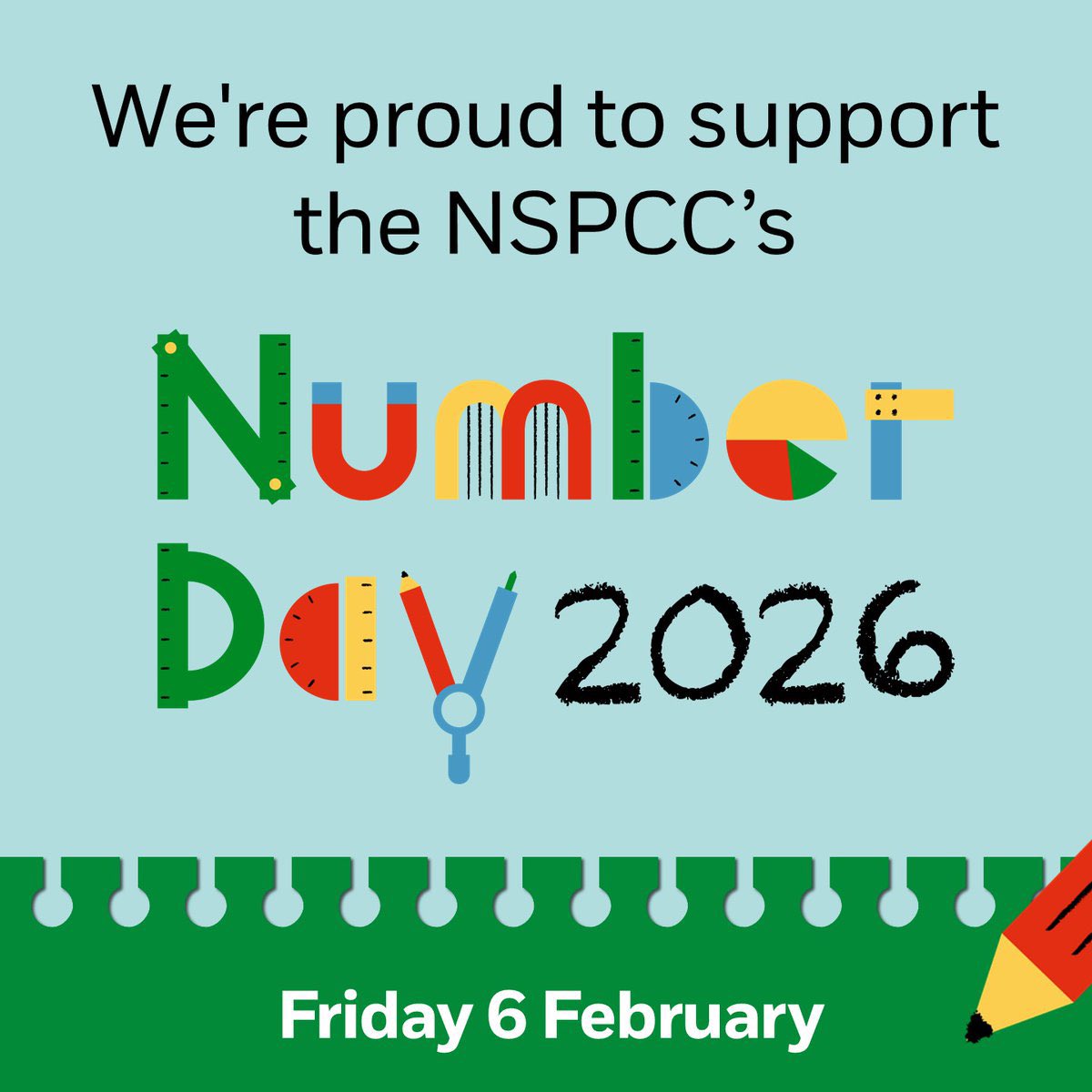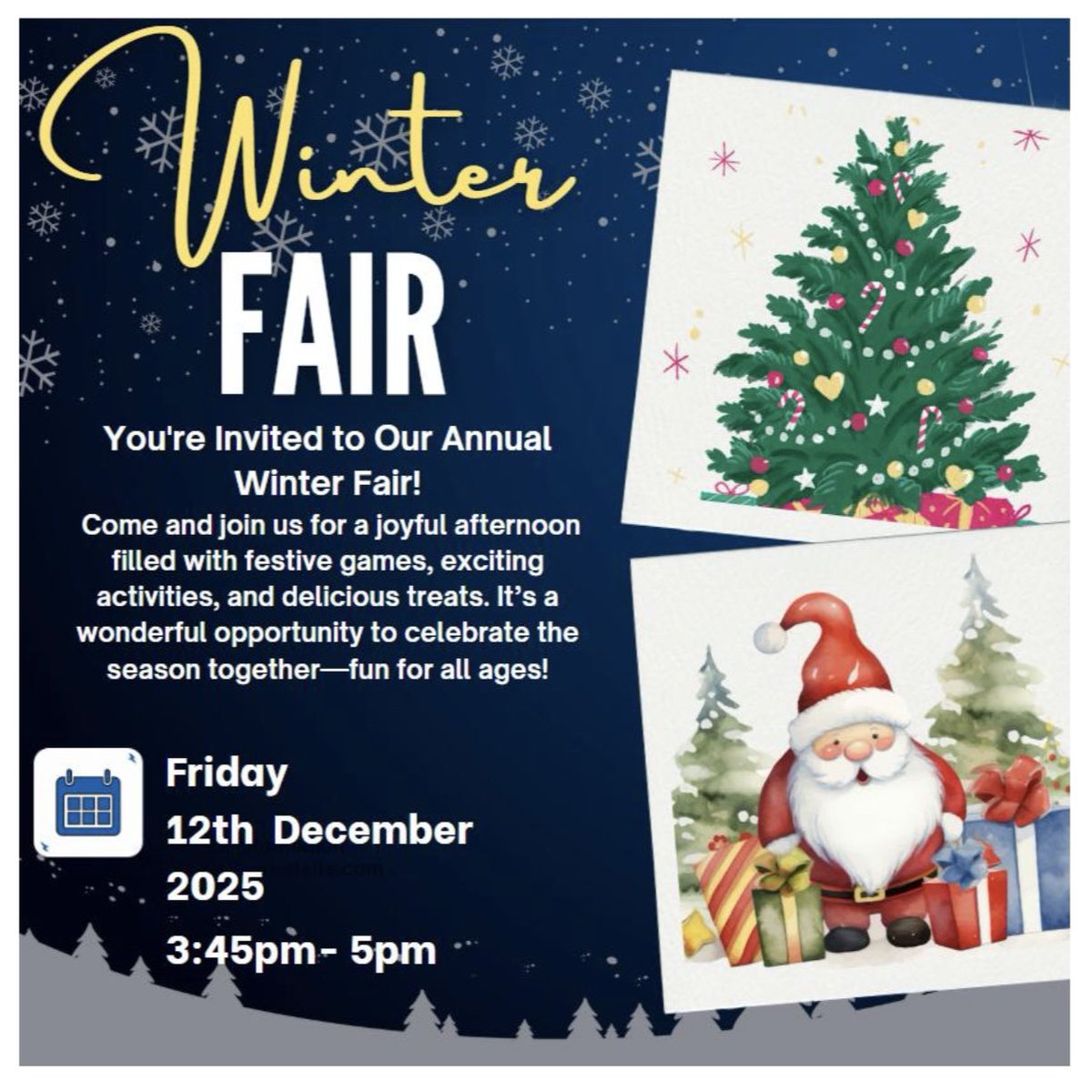Science
At Harris Primary Academy Purley Way (HPAPW), we believe that the teaching of science develops in children an interest and curiosity about the world they live in. It creates an interest about now, in the past and into the future, as well as giving them opportunities to develop learning skills for life. As stated in the National Curriculum, “a high-quality science education provides the foundations for understanding the world through the specific disciplines of biology, chemistry and physics.” We are passionate about ensuring children use their prior knowledge and natural inquisitive nature to explore scientific concepts.
HF Curriculum Lead - Sam French
Intent: Introduction, Vision and Philosophy
The purpose of this document is to clarify the how, why, and what of Science teaching at Harris Primary Academy Purley Way. This is to be used by staff to clarify expectations, highlight the resources that we have at our disposal, and to ensure that a high-quality Science curriculum is being taught to all. At HPAPW, we want our children to be involved in an engaging curriculum that will build, develop and promote their knowledge. Science is about improving on the investigative and experimenting skills necessary to challenge ideas and theories.
Children need to be armed with the knowledge on which to build; the knowledge is a platform to springboard their own point of inquiry. We want our pupils not merely to be able to repeat facts and memorised knowledge. We want them to be driven on to question, ‘What next..?’ or ‘What if...?’ Science is also a practical way of finding reliable answers to questions we may ask about the world around us through experimental testing of ideas. Science in our school is about developing children’s ideas through their own curiosity and questioning.
Rationale- the order in which we have chosen to teach the units in science has been agreed in conjunction with our science specialists working in the Harris Federation secondary schools. They have used their subject specific expertise to outline a suggested progression of learning. For example, it is important children know the properties of materials before moving on the learn about changes in materials. Likewise, learning about animals and plants before habitats allows children to build on prior knowledge. Some units have been placed in particular half terms due to seasonality, plants for example- learning about plants in the spring and summer terms allows children to grow their own plants. The plants will grow more quickly in the warmer weather, meaning experiments can produce meaningful results.
Implementation:
What does Science look like at HPAPW?
Overview:
Science builds on the Early Learning Goals for Understanding the World within the EYFS.
In Key Stage One, pupils receive 1 ½ hours of science each week. Pupils observe, explore and ask questions about living things, materials and the world around them. They begin to work together to collect evidence to help them answer questions, find patterns, classify and group objects, research using a variety of sources and carry out fair testing. Pupils use reference materials to find out more about scientific ideas. They share their ideas and communicate them using scientific language, drawings, charts and tables. Pupils may use the outdoor areas in their science learning.
In Key Stage Two, pupils receive 2 hours of science each week. Children are encouraged to extend the scientific questions that they ask about the world around them. Pupils carry out a range of scientific enquiries including: observations over time, pattern seeking, classifying, grouping and researching using other sources (including computing resources). Children in Key Stage Two learn to plan science investigations by only changing one variable to make it a fair test.
Unit
Pupils’ books have a unit cover (outlining the science content they will be learning in that unit and in which order) and a knowledge organiser to show the key learning that will take place in the unit. Science will follow a coherent curriculum programme which gives full coverage of the National Curriculum programmes of study for Science 2014 to ensure progression and continuity throughout the school. Lesson planning and resourcing have been produced by the Harris Federation science consultant alongside the curriculum planning.
Impact
Evidence and Assessment
In KS1 and KS2, the National Curriculum sets out the science content and working scientifically statements that pupils are expected to achieve. Formative assessment is the basis for assessment in Science. Science work, where appropriate, will be recorded in science books; evidence will also be photographic. This information can then be used against the assessment strands, at the back of each pupil’s book, based on observations of activities and work. Topics will often end with a summative assessment to review the learning.
The Science Co-ordinator is responsible for monitoring the standard of the children’s work and the quality of teaching in Science. Monitoring will take place in the form of book looks and learning walks. Feedback will be given to teachers informally (1:1 verbal feedback) or formally (written). A clear focus will be given on checking that the planning matches the delivery as well as ensuring that there is evidence of progression in both knowledge and skills. There should also be evidence that knowledge and skills are also being applied within investigative work to show a deeper understanding.




























